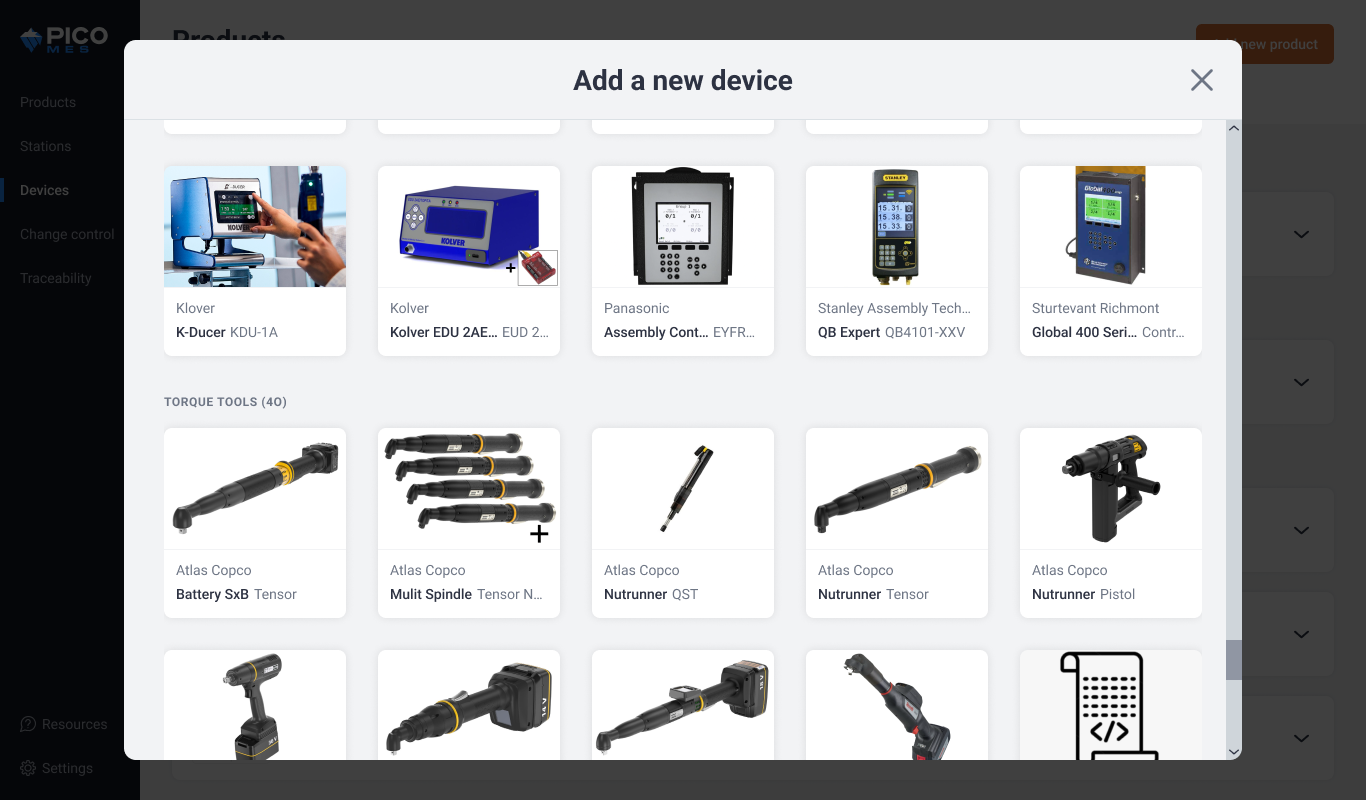#{ item.name }
#{ truncateText(item.metadescription) }
HJI Supply Chain Solutions, a trusted Tier 1 and Tier 2 automotive supplier, partners with industry leaders like Ford Motor Company, Yanfeng, and Sumitomo. As a multi-generational business and a Black and woman-owned company, HJI is committed to quality, diversity, and operational excellence in automotive manufacturing.
Recently, HJI secured a major contract to supply replacement headliners for a Tier 1 automotive OEM. With over 30 manual assembly steps and significant variations per car model, ensuring consistent quality at scale was a challenge. To streamline operations, reduce errors, and improve traceability, HJI implemented PICO for comprehensive error-proofing to eliminate common human mistakes found in automotive manufacturing.
By leveraging the automated poka-yoke methods in PICO, HJI improved production efficiency, minimized defects, and strengthened its ability to meet automotive compliance standards—paving the way for long-term business growth in the competitive auto supplier industry.
The assembly of automotive headliners is a multi-step manual process requiring precision. For just one car model, there are over 20-30 variations, each requiring unique assembly steps.
"This wasn’t a commodity our team had experience building. We had to learn from scratch and train new operators quickly," explains Maurice Stallard, Director of Engineering and Manufacturing at HJI.
Traditional training methods—paper-based instructions or tribal knowledge—weren’t sufficient for scaling operations or ensuring consistent quality. Without an error-proofing system, mistakes were inevitable, putting customer contracts at risk.
Tracking part numbers manually—especially those over 10 digits long—led to costly mix-ups in previous supply chains. Incorrect parts were installed on finished goods, causing delays, rework, and potential compliance violations.
"We knew we didn’t want to track everything in a binder anymore. We needed a system that could eliminate errors at the source," says Stallard.
Without automated traceability and digital part verification, errors could slip through unnoticed, impacting Tier 1 supplier quality metrics and customer confidence.
HJI adopted PICO for error-proofing, digital work instructions and real-time product tracking to meet the high-quality standards required in automotive manufacturing.
“Demonstrating automatic error-proofing capabilities is one of the reasons we won this large automotive contract. It helped alleviate a lot of initial concerns from our customer,” said Stallard.
Outcomes in Nine Months
HJI has eliminated assembly errors, improved quality control, and ensured 100% part traceability, leading to fewer defects, reduced scrap, and higher customer satisfaction.
HJI also feels confident in its robust traceability across its assembly lines. Every part is assigned a serial number which can be traced back to the exact operator, workstation, and parts. By easily tracking each part's journey, HJI has reduced scrap and rework. “We're hitting our quality metrics, ensuring that we deliver products our customers feel good about selling,” said Stallard.
Empowering the Supply Base for Successful Outcomes
HJI overcame many common assembly and training challenges that helped solidify and grow its business. From improving quality control and standardized training to enhancing employee satisfaction and operational efficiency, PICO has become integral to HJI's operations.
By implementing PICO, factories can streamline processes, enhance quality, boost employee satisfaction, and accelerate their growth – just as HJI has done.
Next Steps
#{ truncateText(item.metadescription) }
Step into the future of factory operations with Pico MES. Start your journey toward a more efficient, error-proof factory floor today.
